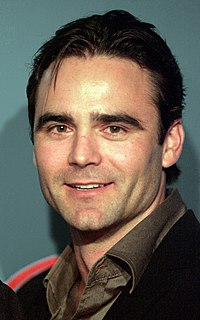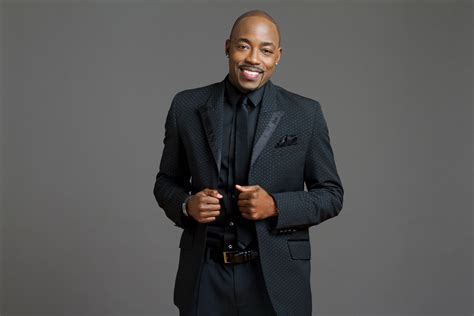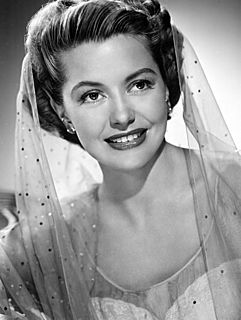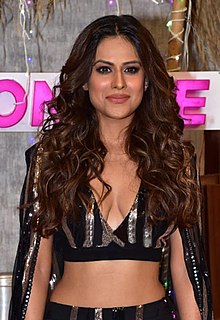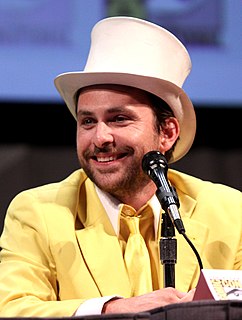A Quote by Glen Powell
Small screen or big screen my job on set doesn't really change. The only difference with TV is I get to be surprised with new information just like the audience every time I get a script.
Related Quotes
I feel like my job as a storyteller and director is to create an experience where the audience forgets they're in a cinema and can get lost in the story. Things popping out of the screen call attention to the artifice of what you're doing, so I use 3D as more of a window into a world behind the screen.
You have to get rid of borders, limits, and classifications; then light comes. We see everything on the screen of our ideas. We must get rid of that screen to be able to see what is behind. X's ideas are limited, that is why he remains on the surface. Y got rid of the limits, so she always goes to the depths. We should always meet people and new subjects with no set frame of mind. We have to live like that even after long acquaintance. We must get rid of every set idea to approach everything and everyone with love.
I have this set-up at my house where I have one big movie theater screen that's 9 ft. by 16 ft. Then, I have nine 63-inch monitors around it; four on either side and one underneath. So I get all nine one o'clock games, and I can switch them onto the big screen. That's what I do on the Sundays during the season.












